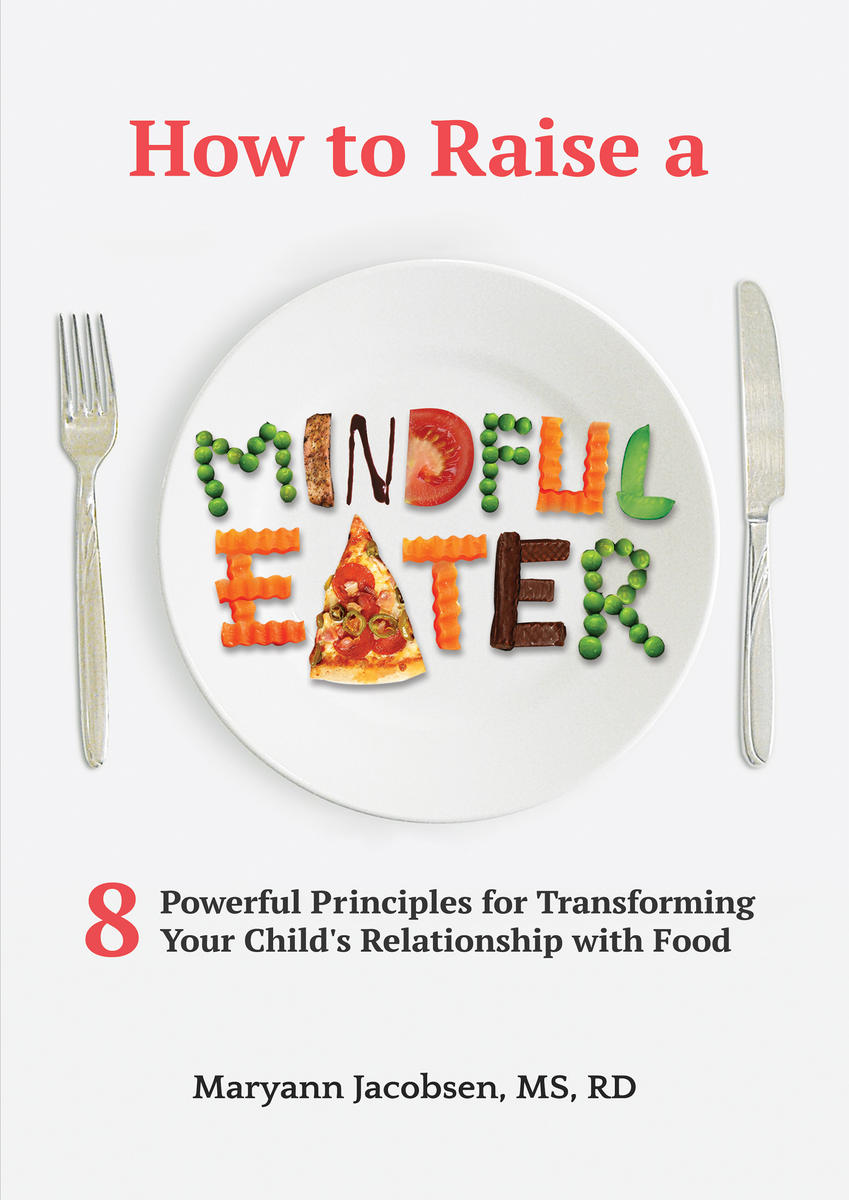
As babies, most children are easy to feed because they (usually) take what you give them and can’t ask for anything else. But as they get a bit older, usually around age 3, they start to tune into the world of food. And when children enter school, they start making food choices on their own, which isn’t always pretty.
As a registered dietitian and a mom myself, it feels like no one teaches parents how to navigate the enjoyable, less-than-nutritious food with their kids. After speaking with experts, reading research studies, and talking to families, here’s what I’ve learned. These are the top five mistakes parents are likely to make, plus simple ways to turn things around.
1. Being Controlling with Sweets
Most parents figure the way to teach moderation is to keep kids to small portions of sweets. The problem with this is that when portion size is always controlled, it can leave kids wanting more of the very foods parents want to keep in check.
What to do instead: Allow times—like once a week—when children can have as many goodies as they want, such as afternoon cookies and milk or chips with salsa. Just be sure they stay at the table. Being able to fill their craving will decrease their desire for such foods instead of piquing it.
2. Putting tasty food in sight and saying no
The researchers I’ve spoken with say that having food in sight and constantly saying no to children is the most problematic. This might be having a plate of cookies out and continually nagging a child to stay away, or not allowing her to eat something at a party when everyone else is enjoying it.
What to do instead: Have a designated place for goodies at home. When it’s time to enjoy them, take them out and eat them at the table, and then put them back. After making cookies, store them in a container out of sight. As for parties, send reminders to kids but allow them the freedom to choose what they eat, or skip the party if there have been lots of celebrations lately.
3. Feeding kids the second they say “I’m hungry”
The first year of life parents feed kids on demand, especially breast milk or formula. But as kids tune into the world of food, they may start saying "I’m hungry" because they are bored, upset, or simply want to eat some crackers.
What to do instead: Incorporate what researchers call “structure-based feeding.” This is a routine of eating where meals and snacks are at predictable times and eaten at the table. This allows children to focus on feelings of hunger and fullness, not eat for other non-hunger reasons, and get the right amount of food they need.
4. Giving goodies all the attention
Whether it’s nagging kids to eat less, rewarding them with sweets, taking sweets away to discipline, or saying how they bad they are for health, all these things only give more attention to sweets. This makes goodies even more desirable.
What to do instead: Neutralize the power of goodies by serving them at predictable times, allowing kids to enjoy them without guilt, and creating what I call a “flexible goodies policy.” This is your regular offering of sweets so kids know what to expect.
5. Ignoring the effects of stress
In 2009, Dr. Robert Epstein compiled 10 research-based parenting practices that produce optimal outcomes for raising children. The second most important parenting practice was stress management. Excess stress is associated with increased intake of energy-dense foods and overall food intake. And many kids are stressed but parents are missing it, according to a WebMD survey.
What to do instead: Be aware of how stress affects the whole family. Start with the three key behaviors that help people deal with stress—balanced eating, physical activity, and sleep—and make them part of your family’s daily routine. Look for other hidden stressors (not enough free play, over-use of screens, no downtime, etc.) and lessen them or work on better ways to manage them.

She is an independent author, family nutrition expert, and author of several books on child nutrition and feeding.

